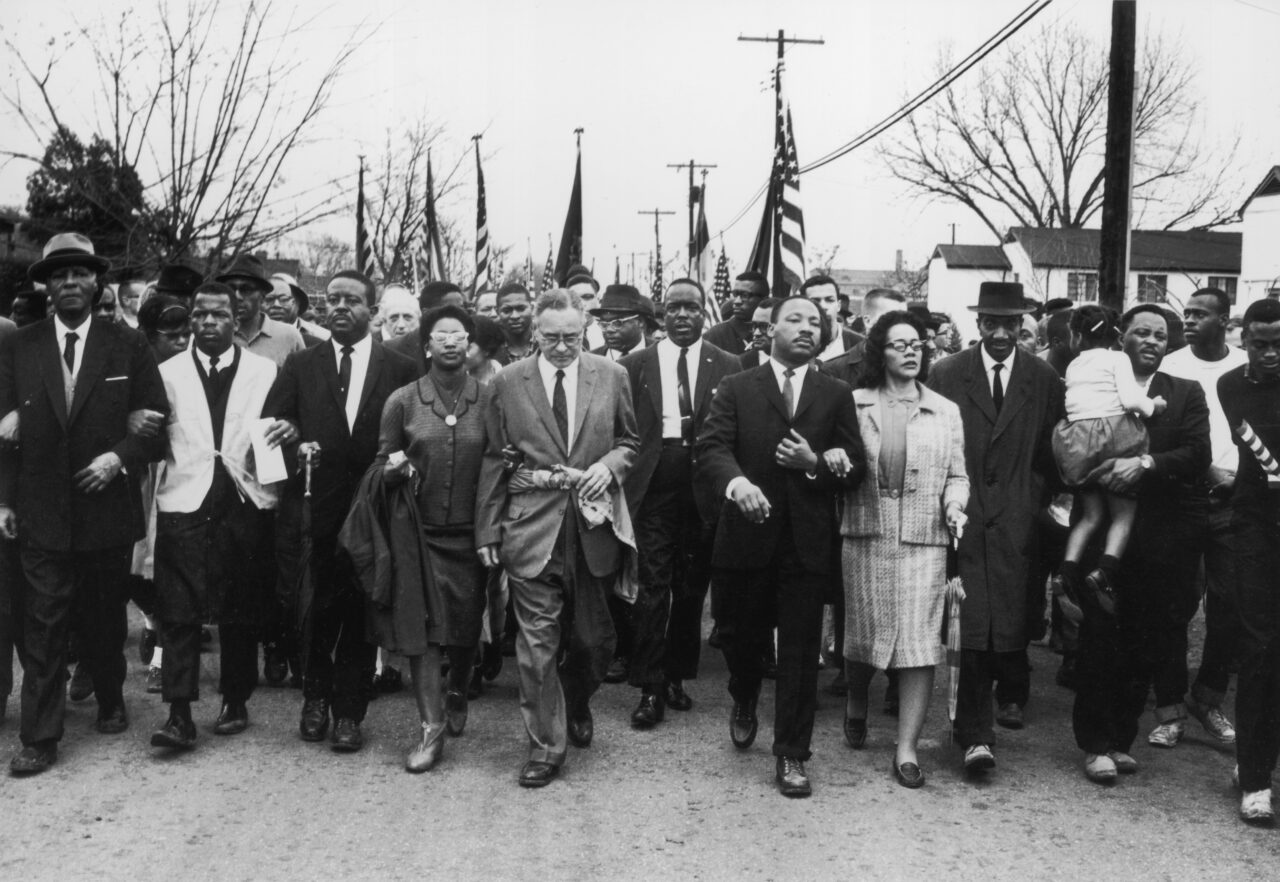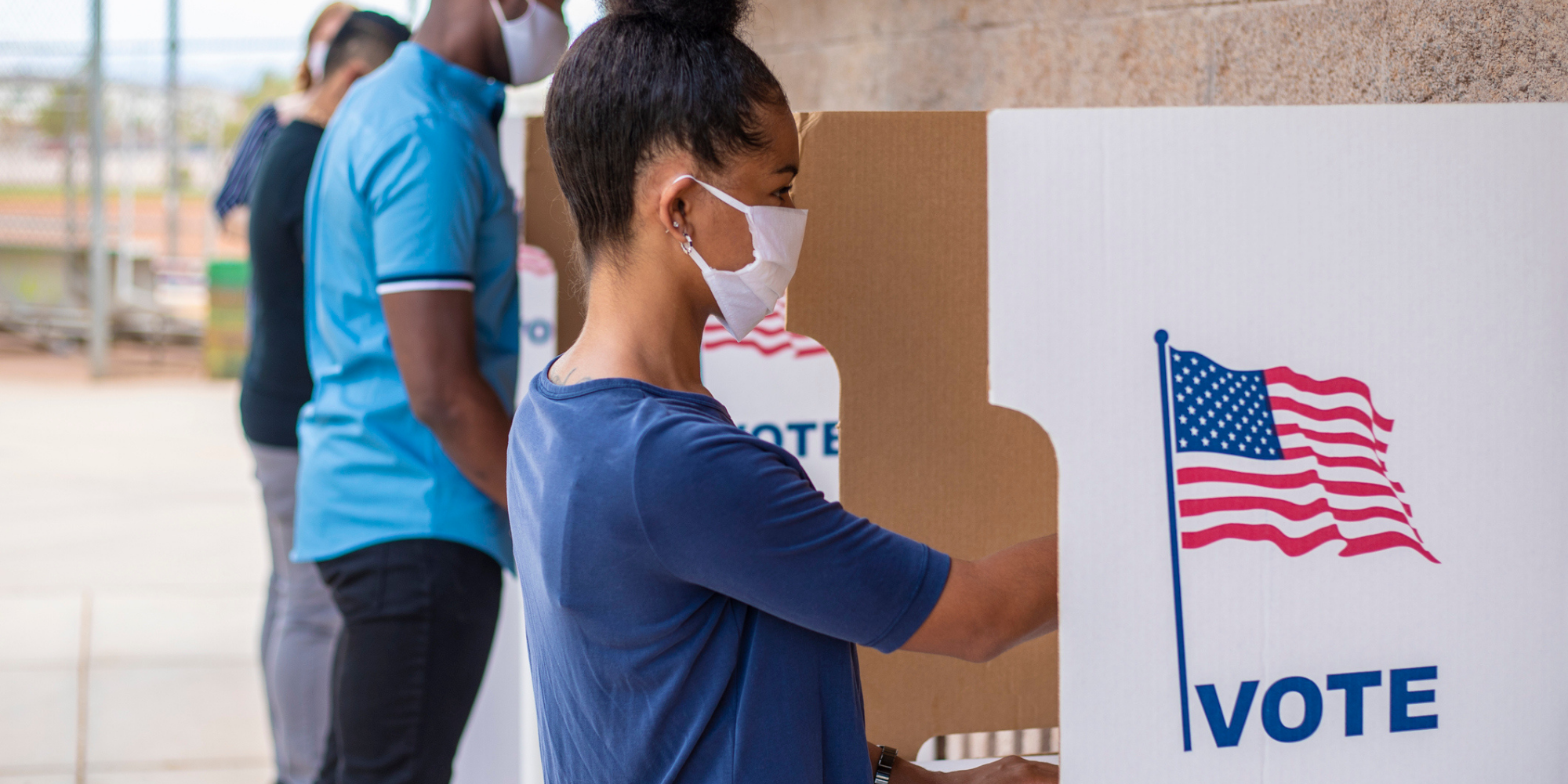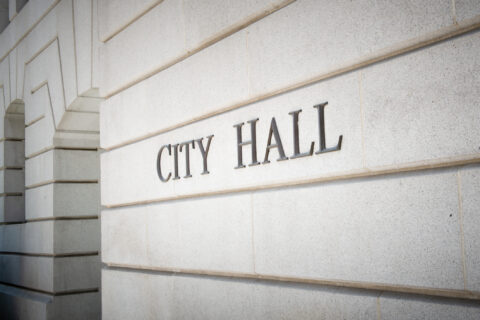The Voting Rights Act (VRA) of 1965, often referred to as the “crown jewel of the civil rights movement,” is landmark legislation devoted to eliminating racial discrimination in voting and expanding participation in democracy. Congress is currently considering legislation originally sponsored by the late Congressman John Lewis that would update and restore important provisions of the VRA. City leaders have a role to play in letting their members of Congress know that their support for this legislation is critical to the freedom and ability to vote for all Americans.

The Voting Rights Act came about as a direct response to local action: after Jimmie Lee Jackson was killed by a state trooper while peacefully demonstrating for voting rights in Alabama, the Dallas County Voters League, the Southern Christian Leadership Conference, the late Congressman John Lewis and the Student Nonviolent Coordinating Committee led a series of marches from Selma to Montgomery. Though these groups had been fighting for voting rights before Jackson’s death, it was the outrage felt by members of the community in and around Marion that helped to galvanize the first march.
The violent response to this march, which many Americans saw on television, galvanized public support for the demonstrators and led President Lyndon Johnson to call for passage of the Voting Rights Act. Much like today, local events and demands for justice formed a nationwide movement for progress. Its leaders came from Clairton, Pa.; Chicago, Ill.; Tampa, Fla.; Savannah, Ga; and cities and towns across Alabama, all seeking the same right to cast a ballot, regardless of hometown or political party. The VRA, often cited as the most effective piece of legislation in United States history, has consistently enjoyed strong bipartisan support—and now Congress has the opportunity to re-establish voting rights as fundamental to American democracy.
To prevent states and cities from implementing discriminatory voting changes, the Voting Rights Act of 1965 included a “preclearance” provision that required states and local jurisdictions with a history of discrimination in voting to receive approval from the U.S. Department of Justice or a federal court before making significant changes to their elections procedures. The federal government had the power to block any submitted change that discriminated against voters of color. In 2013 Shelby County v. Holder, the Supreme Court struck down the provision, citing an outdated formula for determining which jurisdictions should be subject to preclearance and creating a path for states to pass laws that can disenfranchise voters and discriminate. In a report entitled Voting Rights and Election Administration in the United States of America, the U.S. House of Representatives concluded that “without federal protections, new and old barriers to voting have emerged” that “disproportionately impact minority voters.”
Previous amendments to the Voting Rights Act have acted as anchor points for the broader extension of voting rights to more Americans. It was a 1970 provision in the reauthorization that expanded the right to vote to 18-year-olds, who until then were eligible to be drafted but unable to vote for the president; the Twenty-sixth Amendment lowered the voting age for all elections the following year. Five years later, Congress heard testimony from civil rights groups about the discrimination faced by Asian American, Latino, Indigenous, and Native Alaskan voters at the ballot box and amended the Act to protect language minorities. Amendments to and expansions of the Voting Rights Act came about as the result of leadership by Democrats and Republicans alike, including Ted Kennedy of Massachusetts, Bob Dole of Kansas, Barbara Jordan of Texas, and Jim Sensenbrenner of Wisconsin, and were signed into law by five Republican presidents. Following the 2019 death of their colleague John Lewis, a Democrat from Georgia who nearly died leading the first march from Selma to Montgomery, a bipartisan group of Senators moved to rename legislation proposed to update the coverage formula struck down by the Supreme Court in his honor.
The John Lewis Voting Rights Advancement Act would restore preclearance and establish a targeted process for reviewing voting changes in jurisdictions nationwide, focused on measures that have historically been used to discriminate against voters. City leaders from every region and party have a vested interest in seeing this legislation pass: it ensures the ability of the people they serve to be heard in key decisions, from what to do with pandemic relief funding to what kinds of opportunities are available for local students. When every voice is heard and leaders at every level reflect their communities’ interests, residents can feel fully invested in the future of their city, town, or village.
Open elections and civic engagement also have positive community impacts: studies have shown that higher civic engagement is correlated with lower crime rates, and higher voter turnout levels indicate lower poverty rates, higher median incomes, and lower unemployment rates. And, as noted in the 2013 Shelby decision, preclearance can decrease litigation costs for impacted jurisdictions by preventing the need for expensive lawsuits.
Across the country, we have seen city leaders from Tucson to Urbana support restoring the Voting Rights Act. Leaders at every level, from the Senate to statehouses to city halls recognize that racial discrimination has no place in our country – especially not in our elections.











